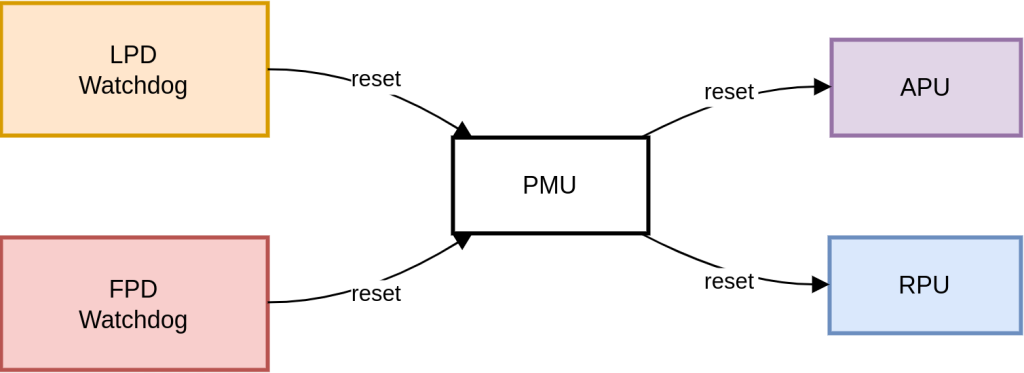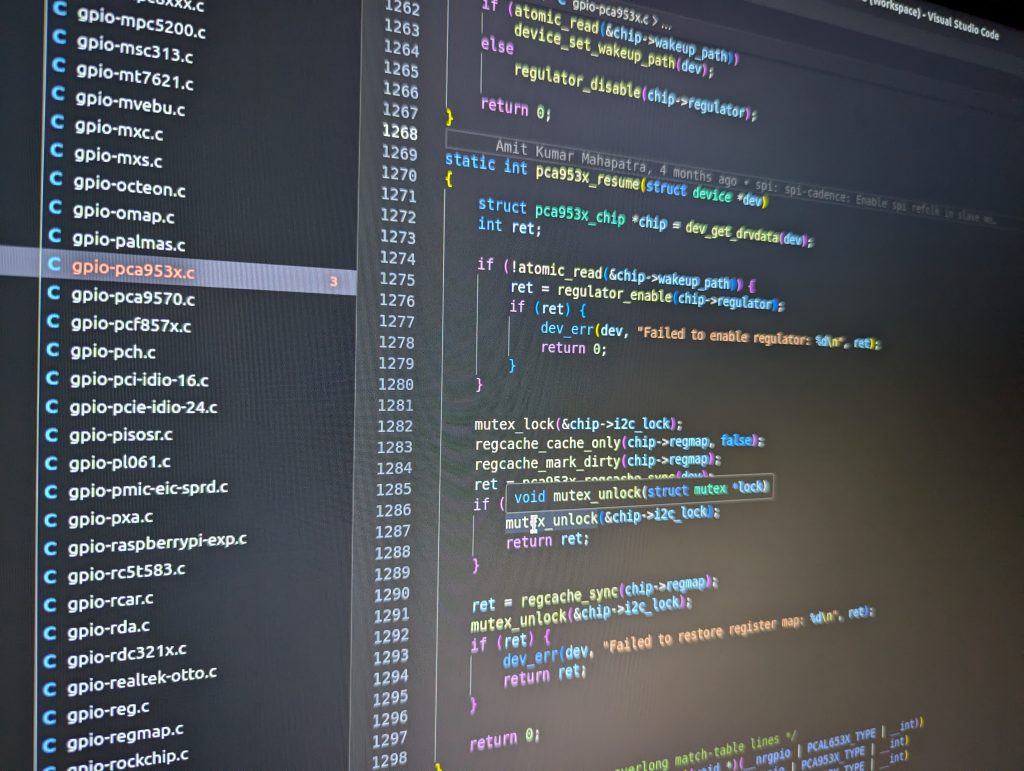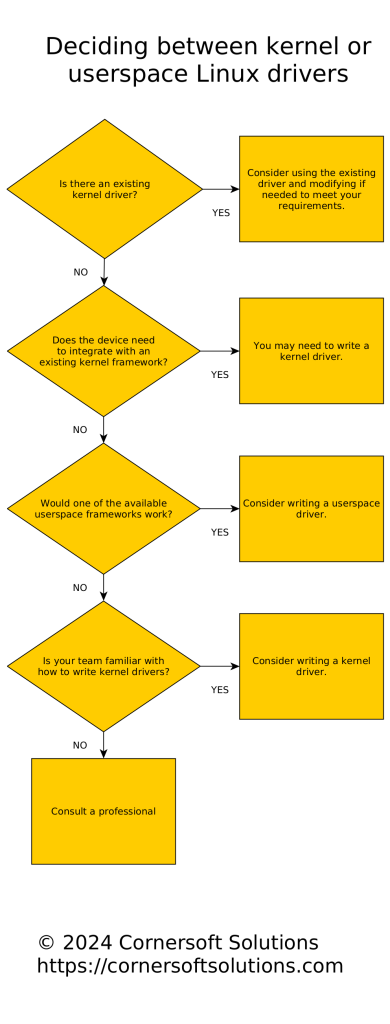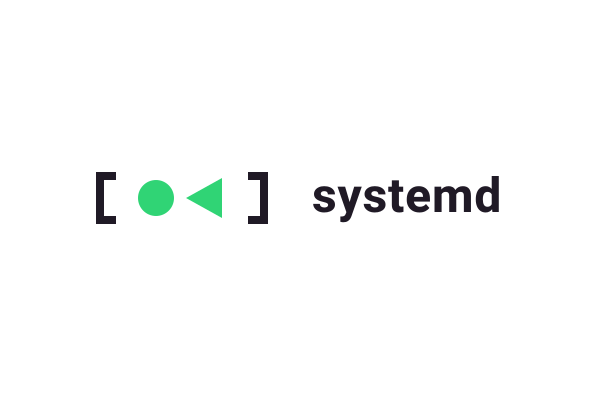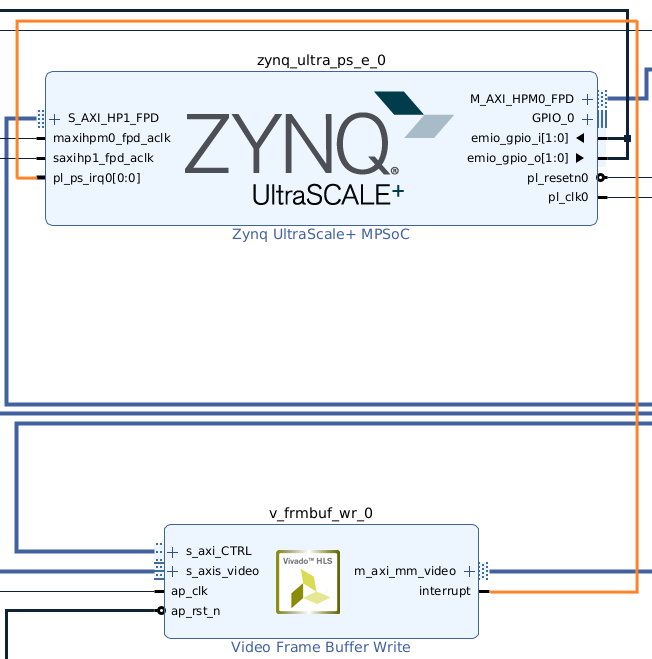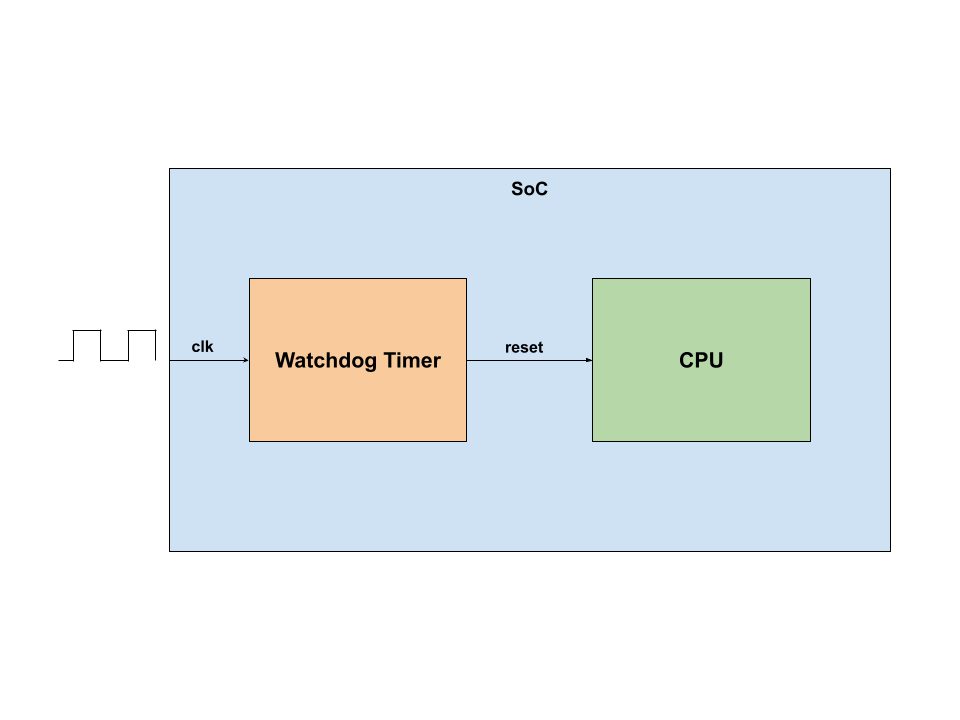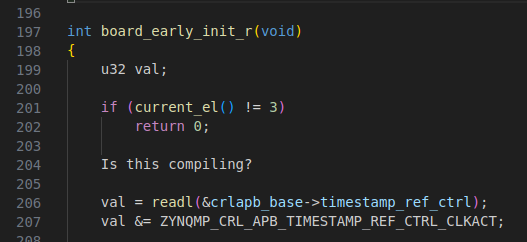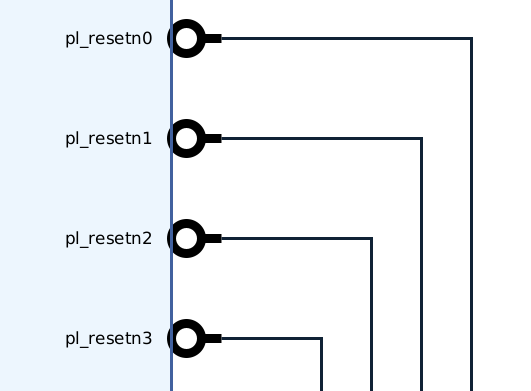Yocto Project Expert Tips: Debugging Variables
Reading Time: 3 minutes Introduction Over my many years of working with the Yocto project, I have acquired many methods and tricks along the way that help me do things such as debug issues, accelerate development, create more efficient code and gain a better overall understanding of the project to design things right the first time. The Yocto project […]
Yocto Project Expert Tips: Debugging Variables Read More »

